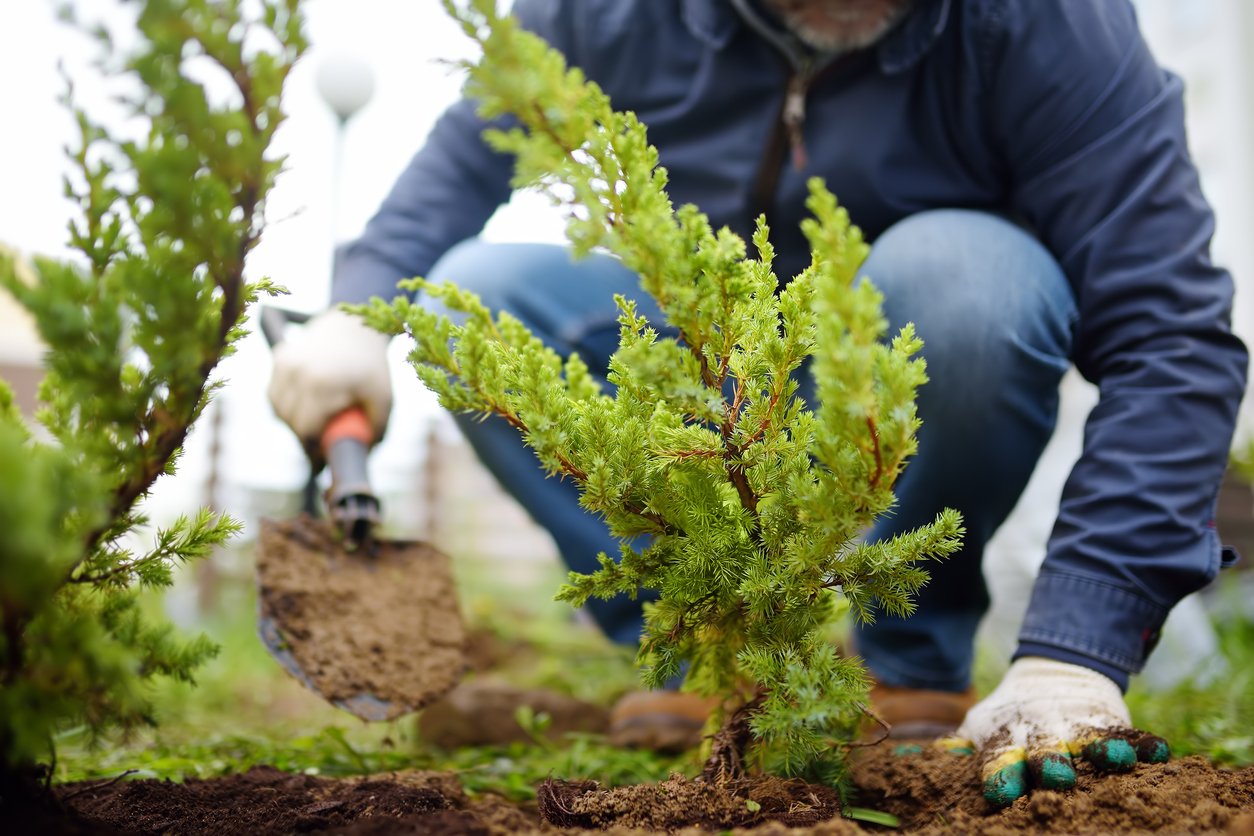
This month is all about celebrating our beautiful Earth. As you may have guessed, the health of our planet is very much interconnected with our own personal wellbeing. It provides us with air to breathe, water to drink, food to eat, and so much more. Committing to the improvement of the Earth’s health is a commitment to our own health as well - without a healthy planet we cannot thrive!
Below is a list of five easy strategies to help protect our planet:
Many commercial household cleaners are filled with substances that wreak havoc on the environment by polluting drinking water and toxifying the food chain. So, ditch those unnatural substances and opt for more natural products, such as white vinegar or baking soda.
Did you know that Americans create over 250 million tons of trash per year? What’s worse, is that up to 30% of the trash that ends up in landfills could have been composted. Composting allows less solid waste to end up in landfills and reduces methane release, while also making a pretty-mean fertilizer!
Reduce, Reuse and Recycle - the three most important R’s you will ever hear. Whether it’s trying to reduce use of plastic straws, opting-in for reusable grocery bags rather than plastic ones, or throwing a soda can into a recycling bin, every environmentally-conscious act does the planet, and your health, a bit of good.
Reducing the number of cars on the road not only decongests the morning commute but is also an excellent choice for the planet. Just by staying off the roads for two days a week, one person will reduce roughly 1,590 pounds of toxic greenhouse gas emissions. So, dust off your bike or running shoes this spring and opt for active transportation when you can.
According to PETA, it takes roughly 2,400 gallons of water to produce 1 gram of beef - that’s a whole lot of water used but not very much meat produced! Along with tons of water, there's another resource that livestock dominate: land. It takes 20 times the land to feed an individual on a meat-based diet versus a plant-based diet. More land used for livestock means less crops planted, and trees grown. Lastly, livestock is responsible for about 40% of methane production globally (remember methane is the second most prominent greenhouse gas in our atmosphere). So, whether it’s a day, month, year, or lifetime, rest assured that reducing meat consumption will benefit the planet.
